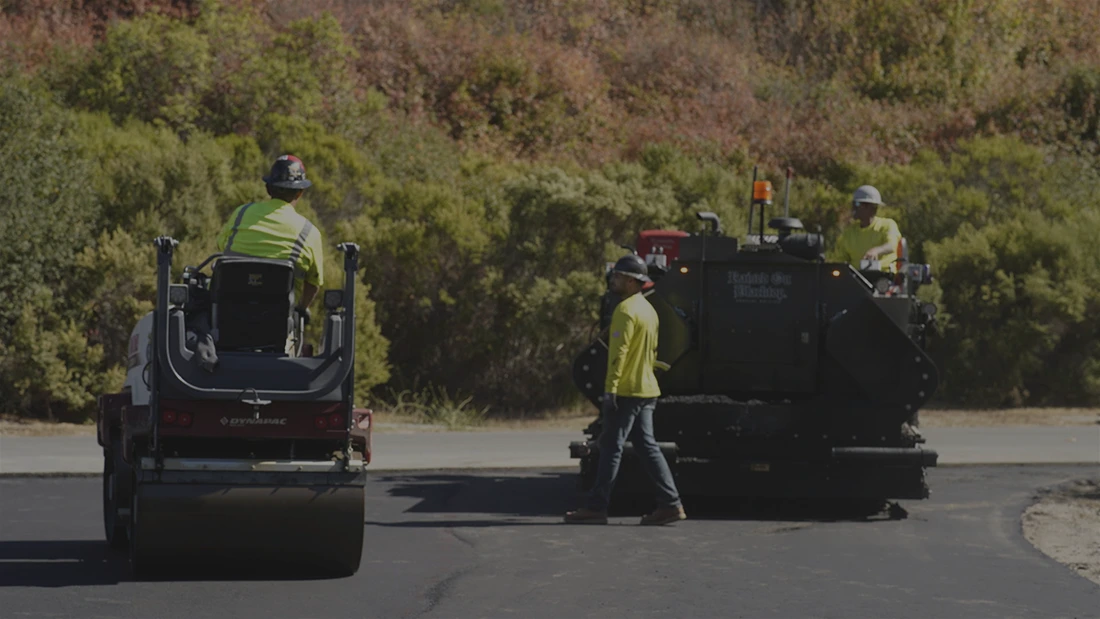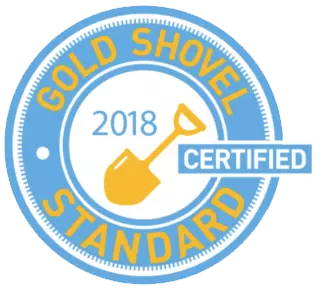
Here are five simple and practical tips for taking care of your driveway:
1. Regular Cleaning
The frequency that a driveway needs to be cleaned depends on how much use it receives.
Motor oil, radiator fluid, and other substances do more than impacting the appearance of your driveway. These substances can leave stains that should be removed as soon as possible. This is the reason you should not change your vehicle’s oil in your driveway.
Motor fluids can soften asphalt drives and penetrate up to a quarter-inch in concrete. You can use non-clumping kitty litter to absorb fresh oil and grease-cutting dish detergent and warm water to clean. If the stain is older, repeated scrubbing using a non-wire scrub brush and grease-cutting biodegradable cleaner can be useful.
Cleaning your driveway regularly will prevent stains from building up on the surface. For discoloration and general maintenance cleaning, consider renting, borrowing, or purchasing a power washer and using it regularly. It is a powerful and effective driveway cleaning tool.
2. Apply Sealant
Applying sealant is an excellent asset for your driveway.
Sealants help to prevent staining and other degrading damage to your driveway. Sealant must be appropriately applied to your driveway– otherwise, it could cause more harm than good.
At Coastal Paving and Excavating, we offer the very best seal coating services in Northern California.
Our regularly scheduled seal coating service can help to more than double the life of your driveway.
How often your driveway needs to be cleaned and resealed will depend on weather conditions and the vehicle traffic the driveway receives.
A general recommendation is to consider resealing your concrete driveway every two years and your asphalt driveway every few years– or when the finish on either begins to show wear.
If you choose to apply a sealant yourself, consider asking your contractor for recommendations, and always follow the sealant manufacturer’s recommendations.
3. Prevent and Repair Cracks
When the ground shifts or expands, a crack can form in a driveway.
Cracks are normal in masonry and concrete. But the quicker you address a crack in the driveway, the longer your driveway will last.
There are some things you can do to help prevent cracks in your driveway.
- To prevent water from penetrating the driveway (where it can freeze and cause cracks), be sure to have regular sealant applications done.
- Also, consider clearing a two to three-inch strip around the driveway’s edges. This will provide a runoff area for snow and water, reducing the probability of water penetrating your driveway’s surface.
- Also, be sure that water from your guttering downspouts empties into your yard, not your driveway.
- Removing trees and shrubs near driveways will help prevent cracks, as tree and shrub roots can cause cracks by pushing up from underneath the drive.
When you do spy a crack (or a hole) in the driveway, it should be patched immediately. You can do this using a masonry chisel to remove loose materials, a brush to brush out any debris, and a crack filler and patching compound. Once the mixture is dry, you will need to seal the entire driveway.
Learn more about other things that can cause your driveway to crack.
Coastal Paving and Excavating can help you with both concrete and asphalt repair. If you’d like a quote, contact us.
4. Do Not Use Deicing Chemicals
In the winter, it is tempting to use a deicing chemical on the driveway.
But deicers on a concrete driveway can cause surface damage like scaling and spalling. This happens because the deicer thaws the ice, and then the freezing temperatures refreeze the moisture.
If a deicing chemical contains ammonium nitrates or ammonium sulfates, they are powerful enough to chemically attack the concrete and eat away your driveway over time.
Rock salt is somewhat less damaging but is capable of harming your lawn and corroding metal.
New concrete is most susceptible to this harmful damage.
Avoid deicers altogether and consider using sand or kitty litter for traction as an alternative.
5. Protect Your Driveway’s Edges
Concrete is an incredibly durable paving material. However, driveways are not designed for heavy construction vehicles.
Anytime you have a household project going on where construction vehicles will be present, never allow them to park in your driveway.
The edges of driveways are even more susceptible to chipping under excess weight, so it is a good idea to make sure you park your own car away from the edges of the driveway.
Be careful of your driveway’s surface and edges when you are plowing or shoveling your driveway. Keep the driveway surface from being scraped or scratched, avoid using metal blades or metal shovels and opt for a different material instead.
With these five tips, your driveway should be functional and beautiful for years to come.
If you have any questions about driveway care or would like to schedule a service or receive a quote, please contact Coastal Paving and Excavating today.
Get Your Free Quote Today.
Coastal Paving & Excavating is a leader and trusted provider for underground utilities, roads, driveways and parking lots in the Carmel Valley area.
Contact us today for a free quote.






